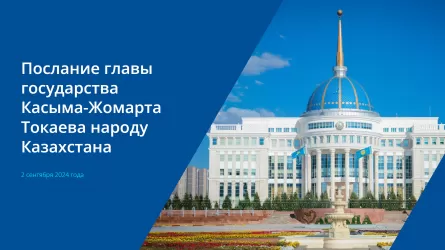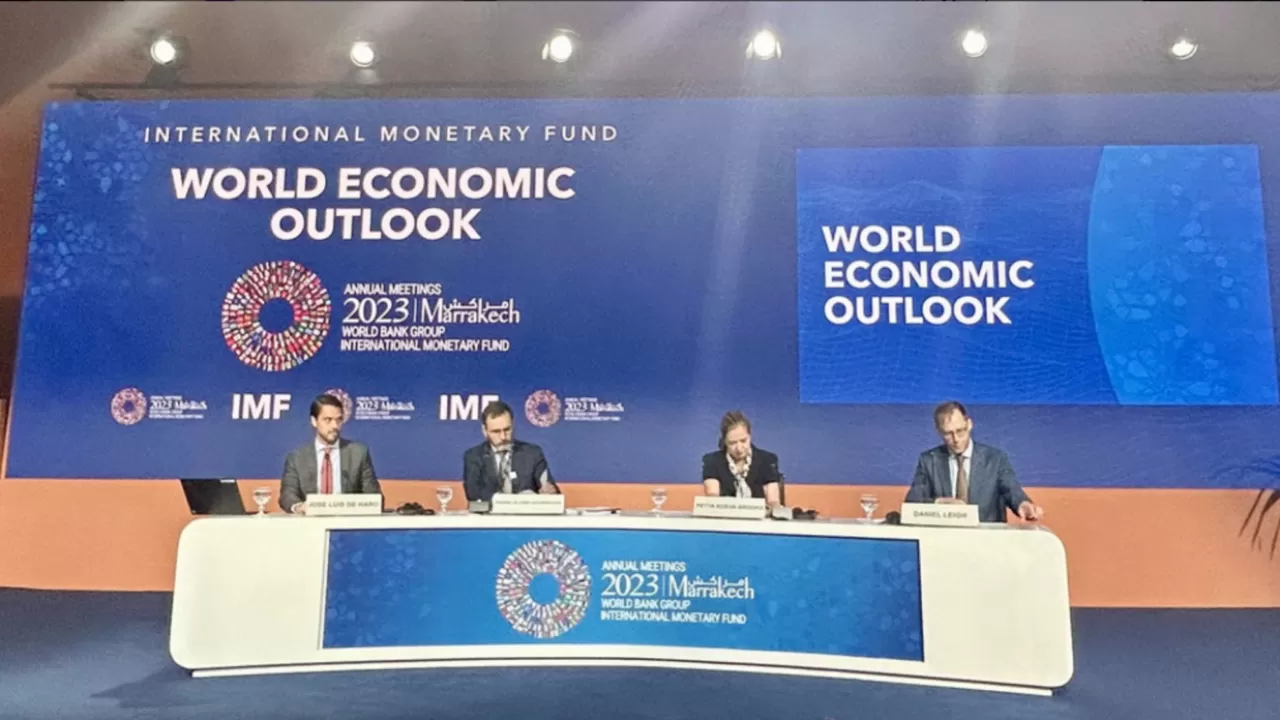The Astana Times - The latest International Monetary Fund (IMF) World Economic Outlook (WEO), unveiled on Oct. 10, provided a 0.3 percentage points upward revision for Kazakhstan’s 2023 real GDP growth, forecasting it at 4.6%.
This is more than IMF projected in its Regional Economic Outlook for the Caucasus and Central Asia in May.
The growth for 2024 is forecasted at 4.2%. In addition to a positive economic growth outlook, the IMF anticipates consumer prices in Kazakhstan to decline.
According to the IMF estimates, Kazakhstan is expected to witness a notable decline in inflation in the coming years. While the projected inflation rate for 2023 stands at 15%, the current year-on-year inflation is reported at 11.8%. Looking ahead, the IMF forecasts a substantial reduction in inflation to 9% by 2024.
The IMF World Economic Outlook highlights that the world economy is still on the path to recovery following the challenges posed by the pandemic, the Russia-Ukraine conflict, and rising living costs. Despite disruptions in energy and food markets and efforts to control record-high inflation through tight monetary policies, economic growth has decelerated but remains steady, displaying its overall resilience.
“Even so, growth remains slow and uneven, with widening divergences. The global economy is limping along, not sprinting,” noted Pierre-Olivier Gourinchas, the IMF economic counselor and the director of the Research Department.
According to the IMF’s latest projections, world economic growth will slow from 3% this year to 2.9% next year. Gourinchas notes that world economic growth “remains well below the historical average.” According to him, more robust growth is expected in the United States and large emerging markets, with downward revisions for China and the Euro-area.
The latest economic forecast shows that the rate at which prices are rising is expected to decrease in the near future globally. In 2022, inflation was at a high of 9.2%. However, in 2023, it is predicted to be 5.9%. In 2024, it is expected to drop further to 4.8%. This core inflation rate, excluding food and energy prices, is also likely to decrease gradually, reaching 4.5%.
“Most countries aren’t likely to return inflation to the target until 2025,” Gourinchas notes.
The WEO report also highlighted that it is imperative for nations to unite against the divisive forces that are propelling geoeconomic fragmentation. This unsettling trend involves the establishment of exclusive trading blocs through the imposition of trade barriers and a diminished spirit of international cooperation.
“Multilateral efforts are required to solve global challenges, including climate risks, food and energy security, trade tensions, and geoeconomic fragmentation. For this, we need a robust global financial safety net with a well-resourced IMF,” said Gourinchas.
The IMF’s WEO report was unveiled on the sidelines of the IMF/World Bank Annual Meetings in Marrakech taking place from Oct. 9 – 15, bringing together central bankers, ministers of finance and development, parliamentarians, private sector executives, representatives from civil society organizations and academics to discuss issues of global concern, including the world economic outlook, poverty eradication, economic development, and aid effectiveness.















